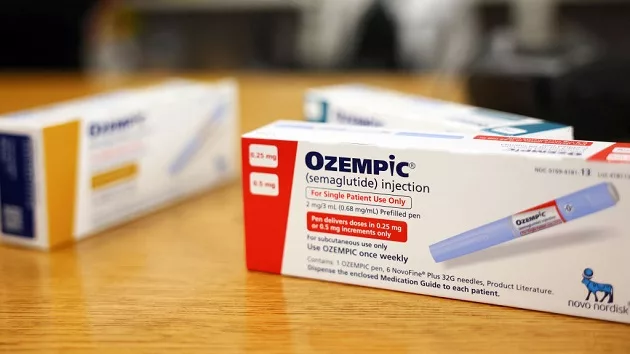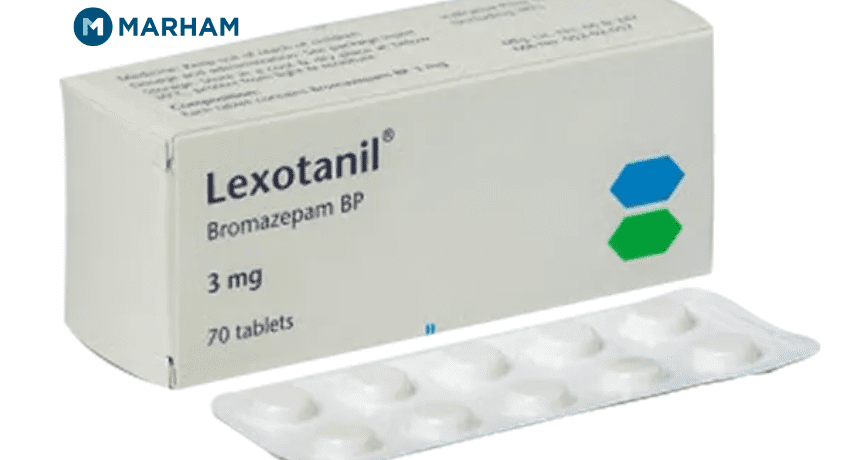
Explaining 3 Medication Side Effects 2023: A Comprehensive Guide

3 Medication Side Effects 2023, in the ever-evolving landscape of healthcare, understanding the intricacies of medication side effects is paramount. As we step into the year 2023, it’s essential to delve into the realm of drug reactions in 2023 and adverse drug events to comprehend the latest developments in pharmaceutical reactions. This article will be your compass in navigating the world of medication side effects, providing insights into the advancements and challenges that lie ahead.

Table of Contents
The Dynamics of Medication Side Effects
Medications play a pivotal role in modern medicine, offering remedies for a wide array of health conditions. However, they aren’t without their complexities, and medication side effects are an integral part of this equation. These effects, also known as adverse drug events, encompass a spectrum of responses that go beyond the intended therapeutic outcome of a medication.
Understanding Adverse Drug Events
Adverse drug events, or ADEs, refer to any undesirable effect caused by the use of a medication. These effects can range from mild discomfort to severe, life-threatening reactions. ADEs can occur due to various factors, including individual variability, drug interactions, and the inherent properties of the medication.
The Importance of Vigilance
In the context of drug reactions in 2023, vigilance is key. Healthcare professionals and patients alike must remain vigilant in monitoring and managing potential ADEs. This vigilance extends to the entire lifecycle of a medication, from development and clinical trials to post-marketing surveillance.
Advancements in Pharmacovigilance
Pharmacovigilance, the science of monitoring and assessing the safety of medications, has seen remarkable advancements in recent years. In pharmaceutical reactions, data-driven approaches and artificial intelligence are being harnessed to detect and predict ADEs more effectively. This proactive approach allows for early intervention and the mitigation of risks.
Medication Side Effects in 2023: What to Expect
As we enter 2023, several notable trends and developments in medication side effects are worth exploring:

1. Personalized Medicine and ADE Prediction
Advancements in genetics and data analytics are ushering in a new era of personalized medicine. Healthcare providers can now tailor treatments to an individual’s genetic makeup, minimizing the risk of adverse drug events. Predictive algorithms analyze patient data to identify those most susceptible to specific ADEs, enabling preventative measures.
2. Biologics and Immunotherapies
In the realm of adverse drug events, biologics and immunotherapies represent groundbreaking innovations. These treatments harness the body’s immune system to combat diseases like cancer and autoimmune disorders. While promising, they also bring unique challenges in terms of understanding and managing ADEs associated with these complex therapies.

3. Digital Health Integration
Digital health tools, including smartphone apps and wearable devices, are revolutionizing how we monitor medication side effects. Patients can now track their responses to medications in real-time, empowering them to communicate more effectively with healthcare providers. This level of connectivity aids in early ADE detection and intervention.
4. Regulatory Changes
Governments and regulatory bodies worldwide are continually updating guidelines to enhance drug safety. Staying informed about these changes is crucial for both healthcare professionals and pharmaceutical companies. Transparency and stringent reporting requirements are becoming the norm.
The Human Element in Medication Safety
While technology and data play pivotal roles in mitigating adverse drug events, the human element remains paramount. Patients must actively engage in their healthcare journey, communicating openly with healthcare providers about their experiences with medications.
Patient-Centered Care
In the context of medication side effects, patient-centered care is not a mere buzzword. It’s a fundamental shift in how healthcare is delivered. It involves shared decision-making, open communication, and a holistic understanding of the patient’s needs and preferences.

Challenges and Ethical Considerations
The advancement of pharmaceutical reactions and the quest for safer medications also pose challenges and ethical considerations:
Data Privacy
As we rely more on data-driven approaches to detect ADEs, questions about data privacy and security become increasingly significant. Striking the right balance between data utilization and patient privacy is a challenge that healthcare systems must address.
Affordability and Access
In the pursuit of safer medications, the cost of drug development can escalate. Ensuring that these innovations remain accessible and affordable to all is a critical ethical consideration. Equity in access to safer medications is an ongoing global challenge.
Informed Consent
Informed consent is the cornerstone of ethical healthcare. Patients must be adequately informed about potential medication side effects and ADE risks before starting treatment. Ensuring this process is transparent and comprehensive is essential.

Conclusion of 3 Medication Side Effects 2023
As we journey through 2023, the world of medication side effects evolves with each scientific discovery and technological breakthrough. While advancements in personalized medicine, biologics, and digital health offer promise, they also bring complex challenges. Vigilance, open communication, and a commitment to patient-centered care remain our best allies in navigating the landscape of adverse drug events. By working together, healthcare providers, patients, and the pharmaceutical industry can continue to improve medication safety, making healthcare a safer and more effective experience for all.